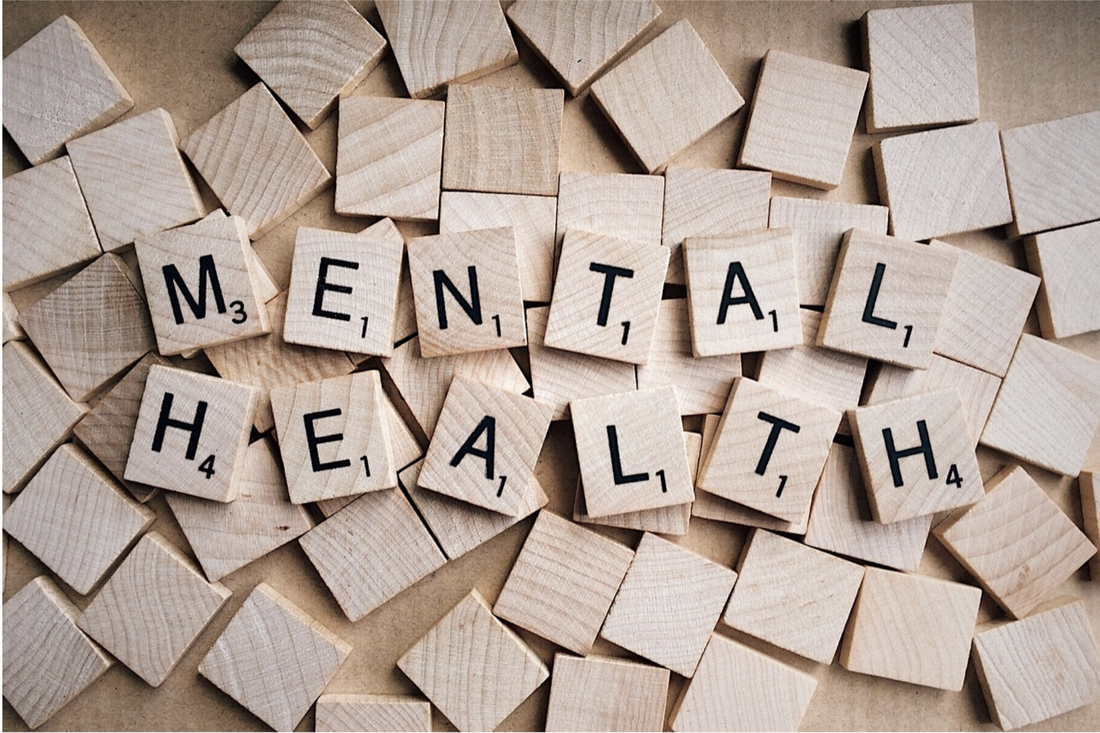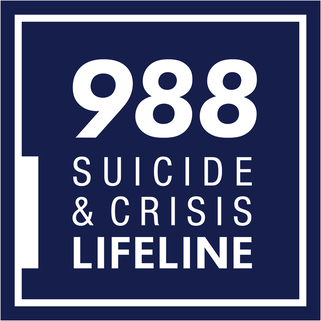Calming the Chaos - Strategies for Nurturing Mental Well-Being in a Busy Life by Catherine Baltimore7/24/2023 In the whirlwind of contemporary life, maintaining mental health often becomes a challenge. We find ourselves entwined in a multitude of responsibilities and demands. Amid this hustle, nurturing our mental well-being is essential to live a balanced, contented life. This article explores strategic techniques to calm the chaos and bolster mental health.
Creating a Routine In the first place, crafting a structured daily routine can foster a sense of stability. The predictability it offers minimizes anxiety by enabling you to anticipate and prepare for each activity. A routine should include health-promoting habits such as regular meals, adequate sleep, physical activity, and relaxation periods. In crafting your routine, you should consider the body's circadian rhythm. This biological clock governs our energy levels and alertness throughout the day. By aligning your routine with this rhythm, you enhance productivity and reduce stress. Lastly, while designing your routine, it's important to include periods for relaxation. It might seem counterintuitive in a busy life, but taking time to unwind is crucial. These relaxation periods are the moments when you recharge and prepare yourself for upcoming tasks. Mindfulness and Meditation Next, mindfulness and meditation are pivotal tools for mental well-being. These practices cultivate a state of intentional, non-judgmental awareness of the present moment. It can help you distance yourself from overwhelming thoughts and feelings. Meditation can be incorporated into your daily routine by dedicating a few minutes each day to sitting in silence, focusing on your breath, or perhaps a calming visual or mantra. Regular practice not only reduces stress but also enhances focus, empathy, and emotional stability. Mindfulness, on the other hand, can be practiced throughout the day. It involves fully engaging in the current activity, whether you're eating, working, or simply walking. By focusing on the present, you distance yourself from past regrets and future anxieties. Choosing the Right Insurance Interestingly, selecting appropriate insurance also plays a role in mental well-being. Having an insurance policy reduces worries about potential financial burdens due to unforeseen circumstances like illness, accidents, or property damage. Health insurance, for instance, often includes mental health services such as counseling or therapy. Knowing you have access to these services without incurring a significant financial burden can provide a sense of security. Additionally, life insurance policies can ease anxieties related to the well-being of your loved ones in your absence. An umbrella insurance policy, on the other hand, provides additional liability coverage beyond standard insurance policies, mitigating fears about potential lawsuits or substantial liability claims. Before purchasing any insurance, it's crucial to thoroughly research and compare options - you can compare with Assurance IQ online quote if you want a thorough analysis of each insurance policy. An insurance policy should align with your needs and financial capabilities. The right insurance can help create a safety net, reducing stress and contributing to mental peace. Social Interactions and Relationships Human beings are inherently social creatures. Interactions and relationships play a critical role in our mental well-being. Having a strong social network provides emotional support, reduces feelings of loneliness, and can even improve physical health. It's important to foster relationships that are positive and nurturing. Avoiding toxic or draining relationships helps in maintaining emotional balance. Moreover, spending quality time with loved ones, engaging in shared hobbies, or participating in group activities can significantly improve mental health. However, remember that it's equally important to have time for yourself. Understanding your need for personal space and solitude is essential in managing your mental well-being. Physical Health and Exercise Physical health is intricately linked with mental health. Regular exercise, a balanced diet, and adequate sleep are fundamental to maintaining mental well-being. Exercise releases endorphins, also known as "feel-good" hormones, that can alleviate symptoms of depression and anxiety. The diet also impacts your mental health. Consuming a diet rich in fruits, vegetables, lean protein, and whole grains can promote better mental health. Limiting the intake of processed foods, sugary drinks, and excessive caffeine can also significantly improve your mood and energy levels. Adequate sleep, on the other hand, is the time when the body repairs itself. It improves memory, boosts mood, and reduces stress levels. Ensuring seven to nine hours of quality sleep each night is a critical part of nurturing mental health. Continual Learning and Personal Growth Lastly, engaging in continual learning and personal growth activities can also greatly benefit your mental well-being. Taking time to develop new skills, broaden your knowledge, or pursue a hobby fosters a sense of accomplishment and self-worth. It diverts the mind from stress and offers a rewarding challenge. Whether it's reading a book, enrolling in an online course, learning a new language, or practicing a musical instrument, such activities can stimulate your mind and offer respite from the busyness of everyday life. Conclusion Amid our hectic schedules, prioritizing mental well-being is paramount. By adopting strategies such as a structured routine, mindfulness, appropriate insurance, positive social interactions, and prioritizing physical health, you can calm the chaos and foster a healthy mind. Remember, mental health is not a destination but a journey, and each small step makes a big difference.
0 Comments
Leave a Reply. |
|
Please DO NOT use this email address for medication refill requests or for emergency situations.
Click here for refill requests instead of using email: Medication Refill Request Form If you have a medical emergency, email is never the appropriate way to communicate your needs, and you should instead call 911 or go to the nearest ER. If you are having suicidal thoughts and need to speak to someone immediately, you can contact Suicide Prevention Hotline at the number (and link) below. [email protected]
Communications via email are not secure. Although it is unlikely, there is a possibility that the information you include in an email can be intercepted and read by other parties besides the person to whom it is addressed. |
|
2024 Providers for Healthy Living | All Rights Reserved
|


